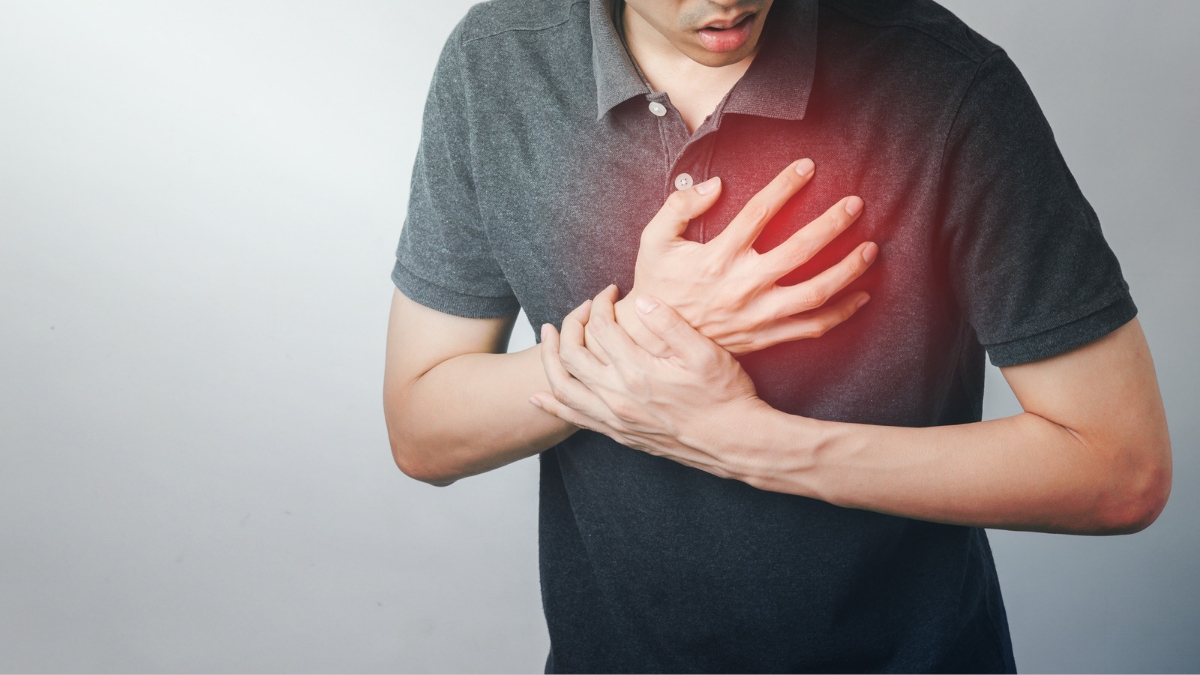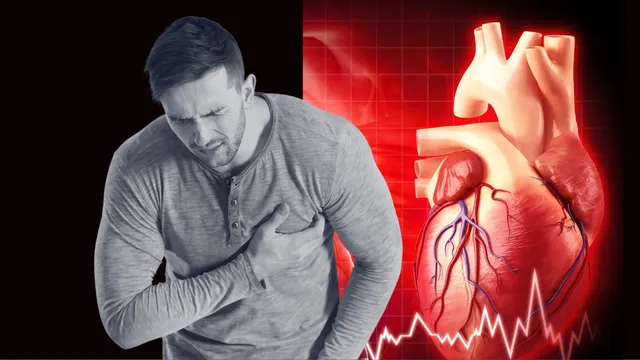- By Parul Srivastava
- Wed, 31 Jul 2024 01:01 PM (IST)
- Source:JND
Heart attacks in India: It has become a public health crisis. A lot of untimely deaths have been reported in the past few years due to heart attacks. What’s more alarming is that it has nothing to do with ageing. With headlines like a businessman in Maharashtra died, while working out due to a heart attack to a 38-year-old HDFC bank employee who died while working after suffering heart failure, it is quite evident that incidents of sudden cardiac death have increased. The sudden death of someone leaves their loved ones in a state of shock, however, it is important to understand the reasons behind it, and what can be done to prevent such unfortunate incidents.
A Look At Statistics
As per the National Crime Records Bureau( NCRB), India has witnessed a steep rise in cases of heart attacks in the past few years. As per the data available, 32,457 individuals succumbed to sudden heart attack in the year 2022, the figure stood at 28,413 in the year 2021 and it was a significant leap that presented the picture of a grim situation in the country.
Also Read: Swear By These Top 5 Rules For Better Digestion, Heart And Brain Health
There could be various reasons that can lead to heart attack. From an unhealthy lifestyle to air pollution, a lot of factors can damage your heart. We got in touch with Dr Viveka Kumar, Principal Director & Chief of Cath Labs At Max Hospital (Pan) to understand warning signs that could turn into a heart attack and should not be ignored.
1. Chest pain or discomfort: This can manifest as pressure, tightness, or pain in the chest that may come and go. It can also feel like indigestion or heartburn.
2. Shortness of breath: Feeling breathless, especially with minimal exertion or at rest, can be a sign of heart problems.
3. Palpitations: Sensations of rapid, fluttering, or pounding heartbeats can indicate an irregular heart rhythm.
4. Dizziness or lightheadedness: Feeling faint, dizzy, or lightheaded, especially when standing up quickly, can be a sign of inadequate blood flow to the brain.
5. Fatigue: Unexplained fatigue or weakness, especially if it is persistent and not relieved by rest, can be a symptom of heart issues.
6. Swelling: Swelling in the legs, ankles, feet, or abdomen can be a sign of fluid retention due to heart failure.

Sudden Chest Pain Can Be A Sign Of Heart Attack (Image courtesy: Canva)
Dr Viveka also listed out common tests that every Indian must take to detect the risk of heart disease. Take a look below:
1. Blood pressure measurement: Regular monitoring of blood pressure is essential to detect hypertension, a major risk factor for heart disease.
2. Cholesterol screening: Checking cholesterol levels, including total cholesterol, LDL (bad) cholesterol, HDL (good) cholesterol, and triglycerides, can help assess heart disease risk.
3. Blood glucose testing: Monitoring blood sugar levels is important, as diabetes is a significant risk factor for heart disease.
4. Electrocardiogram (ECG or EKG): This test records the electrical activity of the heart and can help detect irregular heart rhythms or other heart abnormalities.
5. Stress test: This test evaluates how well your heart responds to stress and can help diagnose coronary artery disease.
6. Echocardiogram: This ultrasound test provides detailed images of the heart's structure and function, helping to assess heart health.
What’s the most crucial step?
Prioristing your health over everything else is the need of the hour. It is important to get yourself screened, especially if you have a family with heart problems history. Regular screenings and early detection can help prevent heart disease and promote a healthy heart.

